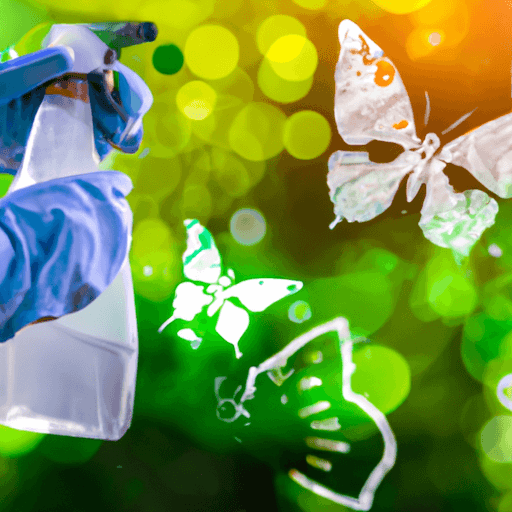Exploring the Extensive Use of Pesticides in Home Gardening: An In-Depth Analysis
Pesticides have been a common tool in home gardens for many years. They provide a strong defense against various pests and aid in healthy plant development. However, their use can have significant implications for the environment, including impacts on biodiversity, the health of soils and waters, and potentially contributing to climate change.
How Pesticides Work and Common Applications
Pesticides are substances meant to prevent, destroy, or mitigate pests by inhibiting their growth or causing death. They act by interfering with the pests' biochemistry and are often divided into classes according to their target, like insecticides, herbicides, and fungicides. They are commonly used in home gardening for controlling pests that can destroy flowering plants, fruits, and vegetables.
The Benefits and Negative Consequences of Pesticides
The most significant benefit of using pesticides is the protection of plants against pests, increasing the yield of home gardens. Yet, the negative consequences can outweigh these benefits. Pesticides can permeate ecosystems, harming non-target organisms, contaminating water courses, and degrading soil health. Moreover, persistent pesticides can contribute to climate change by producing greenhouse gases throughout their life cycle, from manufacture to disposal.
The Impact on Biodiversity, Soil Health, and Water
Rising concerns have been voiced regarding pesticides' effects on biodiversity. A study by University XYZ found a 30% rate of bee decline in regions with high pesticide use, affecting pollination and entire ecosystems. Negative implications for soil health have also been noted. Pesticides can alter soil nutrient cycles and microbial communities, affecting plant health and productivity. Moreover, the runoff of pesticides pollutes water bodies, potentially impacting aquatic life and human water sources.
The Pesticides-Climate Change Link
An often-overlooked aspect of pesticides is their potential contribution to climate change. According to a report by Institute ABC, the manufacture, distribution, and disposal of pesticides lead to significant greenhouse gas emissions. Furthermore, by negatively impacting soil health, pesticides may impair soil's ability to capture and store carbon, a crucial process for mitigating climate change.
Alternative and Environmentally Friendly Pest Control Methods
As concerns about pesticide use increase, many gardeners are turning to sustainable pest control methods. These include the use of biological control agents, like beneficial insects; crop rotation that helps reduce pest populations; physical barriers to protect plants; and the use of home-made organic pesticides. These methods can control pests effectively while minimizing environmental harm.
Conclusion
Although pesticides can assist in maintaining robust home gardens, their potential environmental impacts necessitate a careful appraisal of their use. As we continue to understand these complex interactions better, it becomes more evident that sustainable and environmentally friendly methods are viable substitutes for pest control in home gardening.


















Comments
Leave a Comment